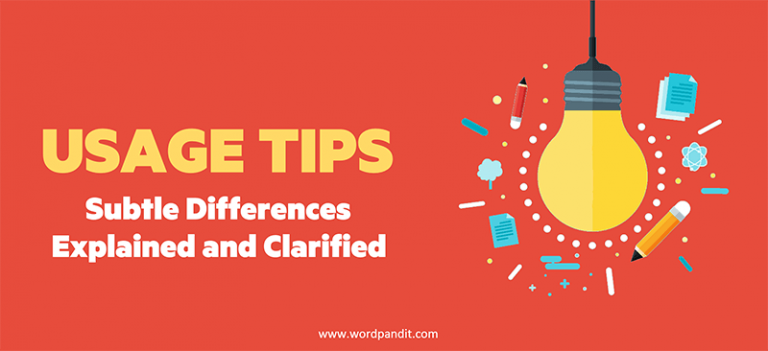Device vs. Devise: How to Keep Them Straight ✨
Hey there, word enthusiasts! 🤓 Ever find yourself scratching your head 🤔 trying to remember the difference between device and devise? Don’t worry—you’re not alone! 😅 These two words not only look similar, but they sound pretty close too, which makes them easy to mix up. But today, I’m here to help you understand the difference so you can use them with confidence. 💪 Imagine how handy it would be to avoid that awkward moment when you “devise a new gadget” and call it a device… or vice versa! Let’s clear up the confusion. 🤓✍️
Language can be tricky, and words that look and sound alike often trip us up. However, learning the nuances between similar words can really boost your writing and speaking skills. Whether you’re working on an important presentation, crafting an email, or just want to impress your friends, knowing when to use device and when to use devise will set you apart. So let’s dive a little deeper! 🏊♂️💡
What Do They Mean? 🤔
Device: A device (‘dih-VISE’) is a noun that means a tool, gadget, or piece of equipment designed to do a specific task. 🛠️ Think of it like that nifty little piece of tech in your pocket 📱, or any clever invention that makes life easier. 💡 It can be something simple like a doorstop or something more complex like a smartphone. Essentially, if it’s something that serves a purpose and you can hold or use it, it’s likely a device.
- Example: “The device tracks your steps and monitors your heart rate.” 📊💓
- Example: “She bought a new device to help with her baking, and now her cakes come out perfectly every time.” 🎂🧁
Devise: On the other hand, devise (‘dih-VIZE’) is a verb meaning to plan or invent something. 🧠💡 It’s all about using your creativity or strategy to come up with a plan, solution, or idea. 🤔✨ When you devise something, you’re putting your mind to work, figuring out how to solve a problem or come up with something new. It’s all in the planning stage—what happens before you have a tangible result.
- Example: “They devised a new strategy to win the championship game.” 🏆🤝
- Example: “The scientist devised a method to make the experiment more efficient.” 🔬✨
Etymology 📜
Device and devise both originate from the Latin word “dividere,” which means “to divide.” However, they evolved in different directions: device took on the meaning of a physical object, while devise became about the mental action of inventing or planning. 🤓🧠 It’s fascinating how one root word can branch out into two distinct meanings! Understanding the history of these words can make it easier to remember their uses and give you a deeper appreciation for the language. 🗺️📖
Synonyms and Antonyms 📝
- Device: Synonyms include gadget, tool, appliance. 🛠️ Other similar words are contraption, mechanism, and implement. Antonyms could be simplicity, natural state. 🌿
- Devise: Synonyms include conceive, formulate, create. 🧠✨ You could also use the words plan, design, or strategize. Antonyms are destroy, forget, abandon. 🚫❌
How to Remember the Difference? 🤯💡
Here’s an easy way to keep them apart:
- Device ends in “-ice” like “slice,” and a device is often something you can physically slice out of reality (not literally, but it helps to think of it as a distinct object). 🍰🔧
- Devise ends in “-ise” like “wise,” and when you devise something, you’re using your wisdom or smarts to plan it out. 🧠💡
Another fun way to remember is to think of it like this: You devise a plan and use a device to make it happen. 💪📊 You come up with the idea (devise), and then you create or use something tangible (device) to make that idea a reality. It’s all about the process—from the idea to the tool.
Try making up a little rhyme or story in your head. For example, “I devise a plan to use my new device.” Making it personal or silly helps you remember! 🤪📖
Using Both in Context 📖
To help cement the difference, let’s use both words in one sentence:
- “The engineers devised a new device to improve energy efficiency.” ⚙️🔋
See what I did there? You devise (plan) first, and then end up with a device (tool). 🛠️✨ This sentence highlights how the action of planning leads to the creation of something physical—a perfect way to illustrate the
Test Your Knowledge: Device vs. Devise
1. She needed to ___ a plan to finish her project on time.
2. The ___ helped him measure the temperature precisely. 🌡️
3. Devise refers to an object used for a particular task.
4. Which is a synonym for devise? 💡
5. The inventor decided to ___ a new type of ___ for generating clean energy. 🌿⚡
6. A device can be used to describe something that was planned in one’s mind.
7. After brainstorming for hours, they finally ___ a solution to the issue. 🧠💡













